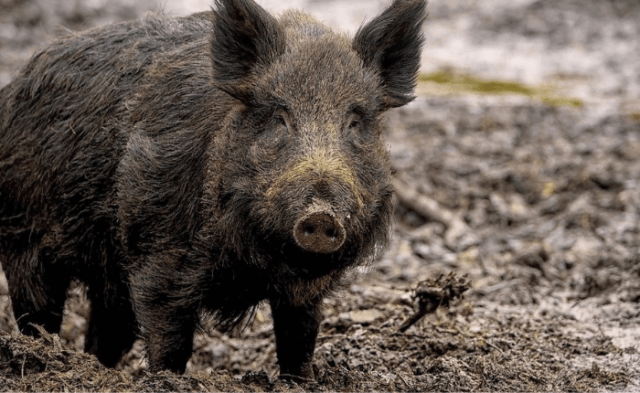After such a challenging year, many of us are thinking of new ways to practice self-care and improve our mental health. This can be especially important for animal advocates, whose immense empathy has an impact on every aspect of their lives.
PETA Prime asked long-time PETA member and psychotherapist Dawn D’Amico to share her sage advice for fellow animal activists who may be in need of mental health support. Here’s what she said:
As we continue our work toward animal liberation and the end of speciesism, it’s important that we take care of each other—and ourselves. Those of us in the animal rights community can experience a number of stressors as we work for the rights of animals.
Many of us learned about the often-torturous existence of other sentient beings by viewing shocking photos or videos—these images may have even been our first exposure to the plight of animals. We learned through the power of a photo, in a few precious seconds, what a thousand words could never capture. We learned about the suffering of other animals and decided to take action and change the way we live. We altered what we eat, where we spend our money, what we wear, what products we buy, and what brands we use. Ultimately, our worldview changed.
Although this was a positive change, exposure to cruelty to animals and awareness of the plight of animals can sometimes cause symptoms of secondary trauma, often known in the animal rights community as “compassion fatigue.” These symptoms may look very much like post-traumatic stress disorder and are therefore frequently confused with that disorder. It’s important that we all know the signs and symptoms of secondary trauma so that we can mitigate its impact as much as possible.
The Secondary Trauma Spiral is a tool I created to identify these warning signs and help us become more aware of the state of our mental health. The spiral begins at its center, when exposure to secondary trauma causes shock and feelings of anger and fear—emotions that then cause physical and emotional symptoms, such as headaches, fatigue, depression, and anxiety. The spiral ultimately leads to a shift in our worldview, which can change our thoughts and behavioral patterns and make us question the world around us.
Using prayer or meditation to calm the central nervous system, talking through our experiences with a friend or therapist, and focusing on how far we’ve come—rather than how far we have yet to go—are just a few examples of self-care that can help us either avoid or mitigate secondary trauma symptoms.
Making the time to take care of ourselves helps us build resilience and strength. Remember that kind people are everywhere, including the more than 6.5 million of us who support PETA. We will reach our goal of ending speciesism—but before we do, let’s make sure that we meet at that finish line stronger, more resilient, and at peace.
*****
Dawn D’Amico is a psychotherapist, an author, and an educator specializing in trauma, with a particular emphasis on secondary trauma. Her work has taken her all over the world, and she’s now writing her fourth book. She has taught at the graduate and clinical level in the University of Wisconsin system as well as at Delhi University in New Delhi, India. She has been a member of PETA since 1984 and is a PETA Business Friend, a Vanguard Society member, and an Augustus Club member.






